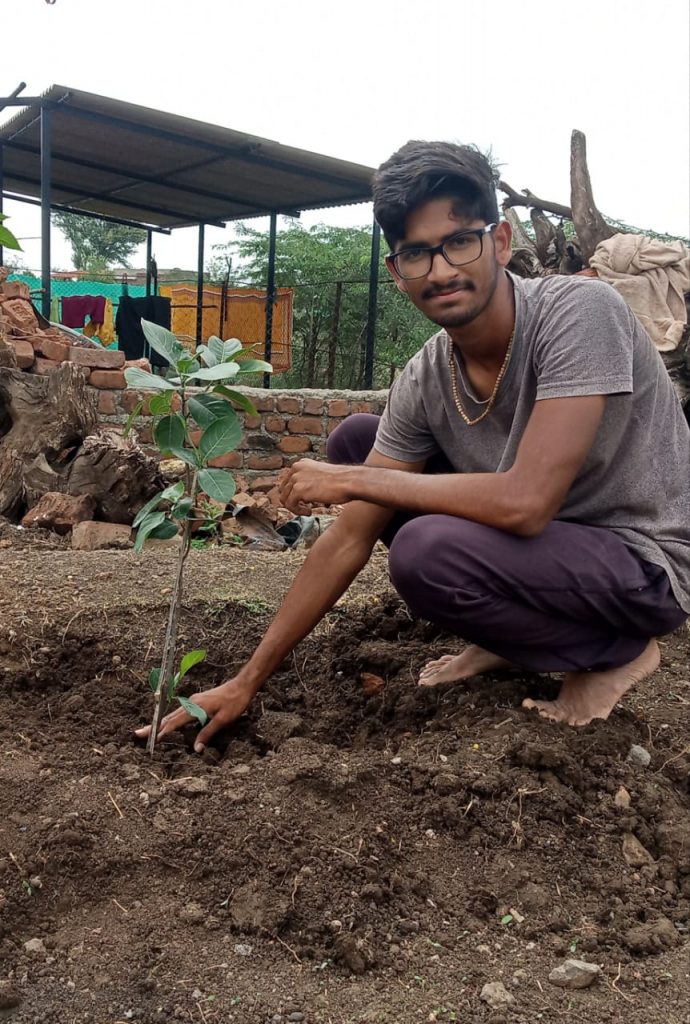Key Highlights:
- Uttar Pradesh is home to over 23,540 registered NGOs that play a pivotal role in community development and social welfare.
- These organizations focus on diverse areas such as education, healthcare, environmental conservation, and women’s empowerment.
- Collaborative efforts between NGOs, government bodies, and international donors are critical for implementing impactful community programs and driving sustainable development.
Introduction
In Uttar Pradesh, non-governmental organizations (NGOs) are integral to addressing social, educational, and environmental challenges. With a vast network of over 23,540 NGOs, the state leverages their unique positions to complement government efforts, especially in regions where public resources are limited. These organizations not only deliver essential services but also advocate for policy changes, contributing to the socio-economic upliftment of various communities.
Influential Areas of NGO Involvement
- Education Enhancement
NGOs in Uttar Pradesh play a critical role in bridging educational gaps. They conduct supplemental education programs, provide scholarships to underprivileged students, and support educational infrastructure in remote areas. These initiatives are vital in regions where government educational facilities may not fully meet the community’s needs. - Healthcare Accessibility
Many NGOs are dedicated to improving healthcare accessibility, offering services ranging from mobile health clinics in rural areas to health education campaigns that address diseases and maternal health. Their work is crucial in enhancing public health outcomes and complementing state healthcare services. - Empowerment Initiatives
Empowerment through vocational training and rights education is a significant focus for many NGOs in the state. These programs target women and marginalized communities, aiming to provide them with the skills and knowledge necessary to achieve economic independence and social equality. - Environmental Sustainability
Environmental NGOs contribute significantly to sustainability efforts in Uttar Pradesh. Their activities include reforestation projects, wildlife conservation, and advocacy for sustainable agricultural practices. These efforts are essential for preserving the state’s natural resources and promoting environmental awareness among the populace.
Challenges and Collaborative Strategies
While NGOs are pivotal in driving social change, they face challenges such as funding variability, bureaucratic hurdles, and the need for greater impact scalability. Overcoming these challenges requires enhanced collaboration with government agencies and private sector partners, ensuring that initiatives are well-supported and aligned with broader developmental goals.
Future Outlook
The future of NGOs in Uttar Pradesh looks promising as they continue to adapt and expand their roles. Increasingly, NGOs are using technology to improve service delivery, reach broader audiences, and enhance operational efficiency. Additionally, there is a growing trend of NGOs partnering with international organizations to bring best practices and additional funding to local projects.
Conclusion
Non-Governmental Organizations are indispensable in shaping the future of Uttar Pradesh, addressing critical gaps in public services and advocating for vulnerable populations. Their continued evolution and integration into the state’s developmental agenda will be crucial for achieving sustainable growth and equitable social progress. As these organizations strengthen their capacities and forge strategic partnerships, their potential to influence positive change in Uttar Pradesh is boundless.


Leave a Reply